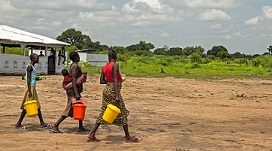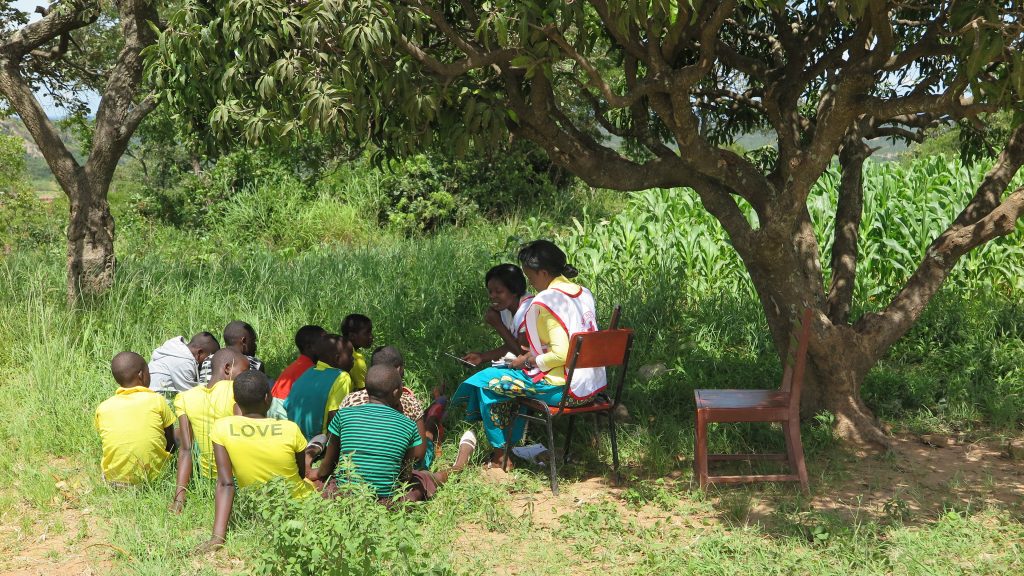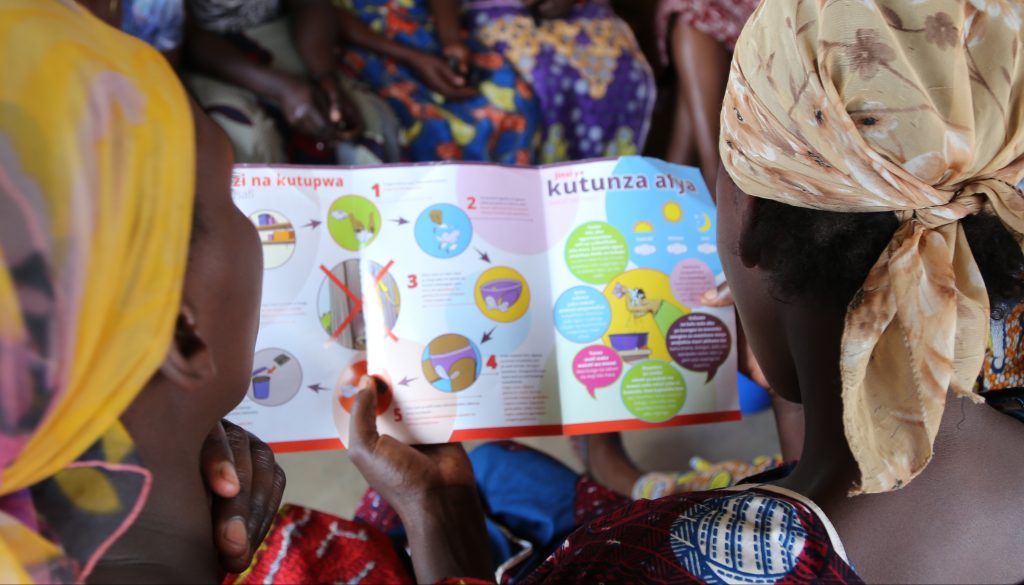Shaping the future: Our strategy for research and innovation in humanitarian response.

Shaping the future: Our strategy for research and innovation in humanitarian response.


Although there is growing attention to the menstrual hygiene needs of women and girls, it is an area that continues to be overlooked or poorly addressed by humanitarian actors, often in a ‘piecemeal’ and uncoordinated way.
But – women and girls continue to get their monthly periods when a disaster strikes or when they are forced to flee their homes from conflict or drought. So how can we be accountable to them and support them in managing their most basic needs?

Since 2013, IFRC has been working to improve the way that Menstrual Hygiene Management (MHM) is included and addressed in humanitarian actions. With the support of Elrha’s Humanitarian Innovation Fund, reusable and disposable ‘MHM kits’ were trialled in 4 different contexts in Eastern Africa. Results showed that the MHM kits are an appropriate, valuable and effective relief item which improved the dignity, health, knowledge and confidence of adolescent girls and women. IFRC and partners also have experience implementing MHM in Asia, the Middle East and North Africa, and Europe.
Key findings from IFRC’s innovation process ‘reinforce the need for a multifaceted approach to MHM, encompassing not only sanitary pads but a range of additional products, amendments to infrastructure and information’.

Aiming to complement rather than duplicate other initiatives and resources, this current project has two main objectives:
Key activities include development of two animated videos for advocacy and training, case studies documenting key lessons and recommendations from the East Africa MHM kit innovation process, a dissemination and best practice workshop planned for Q4 2018 and an e-learning module on MHM. An MHM Community of Practice and global Technical Working Group has been initiated for improved coordination, exchange, and to support standardisation of tools.

2. Develop, adapt and improve guidance and tools to support effective, responsive and accountable MHM action
This includes development of Red Cross Red Crescent specific guidelines for MHM in Emergencies, practical tools for assessment and post-distribution monitoring, as well as pre-developed IEC (Information, Education and Communication) materials that can be adapted and translated locally.
The overarching goal of the project is for improvements in the dignity and health of women and girls in humanitarian contexts.
Dissemination and advocacy will lead to increased awareness among decision makers – both within the Red Cross/Crescent and broader humanitarian community – on the importance of and need to address MHM in humanitarian programming. National Societies will have improved knowledge, capacity and the practical tools to implement comprehensive, effective and accountable MHM actions in emergencies.
The core project team is in place, and a number of activities are already well underway.
The first webinar (of 3 planned in 2018) was held in April and was a great success. 173 people attended from every region of the world – very impressive because of the time differences! While many attendees were from the water, sanitation and hygiene – or WASH – sector, a large number of those who joined were from a Protection, Gender and Inclusion (PGI) background.
More effort is going in to linking and working together with PGI teams within the Red Cross Red Crescent as a really important step to more cohesive, integrated programming which better supports women and girls.
The first video advocating for increased awareness and action on MHM in emergencies is ready for MH day on the 28th May! (Watch it here)
The IFRC team looks forward to celebrating and to continuing to improve how humanitarian agencies meet the menstrual hygiene needs of women and girls around the world.

 Please upgrade your browser
Please upgrade your browser
You are seeing this because you are using a browser that is not supported. The Elrha website is built using modern technology and standards. We recommend upgrading your browser with one of the following to properly view our website:
Windows MacPlease note that this is not an exhaustive list of browsers. We also do not intend to recommend a particular manufacturer's browser over another's; only to suggest upgrading to a browser version that is compliant with current standards to give you the best and most secure browsing experience.